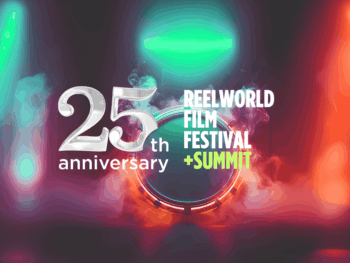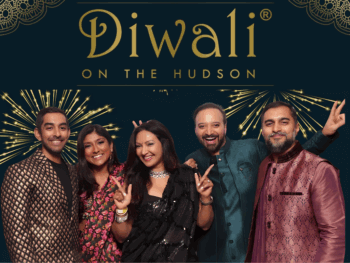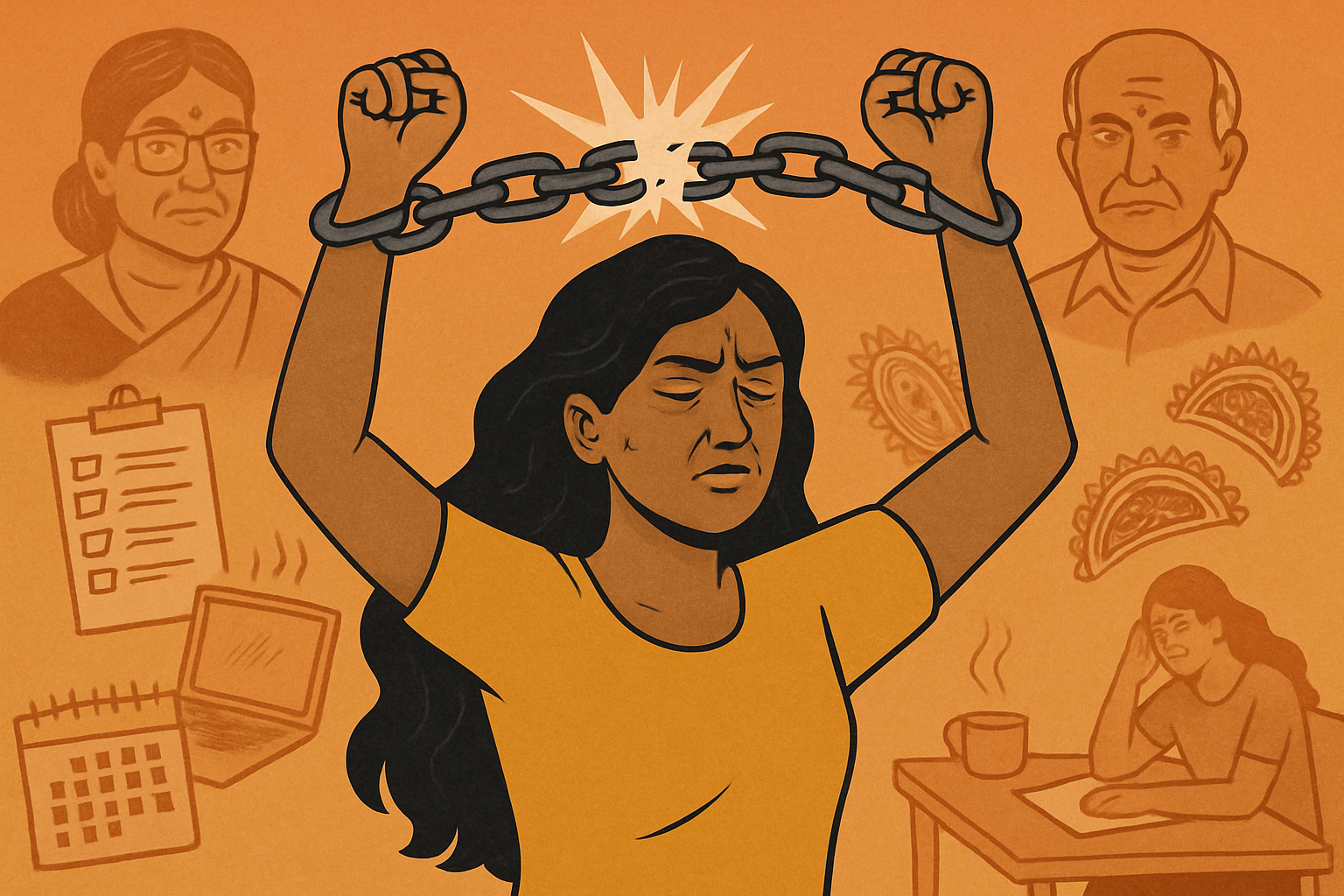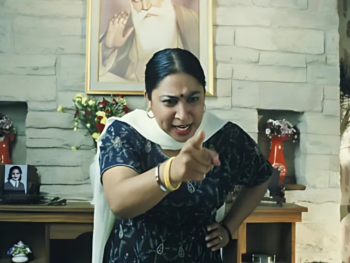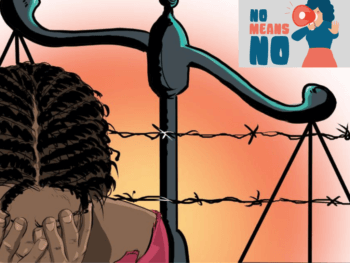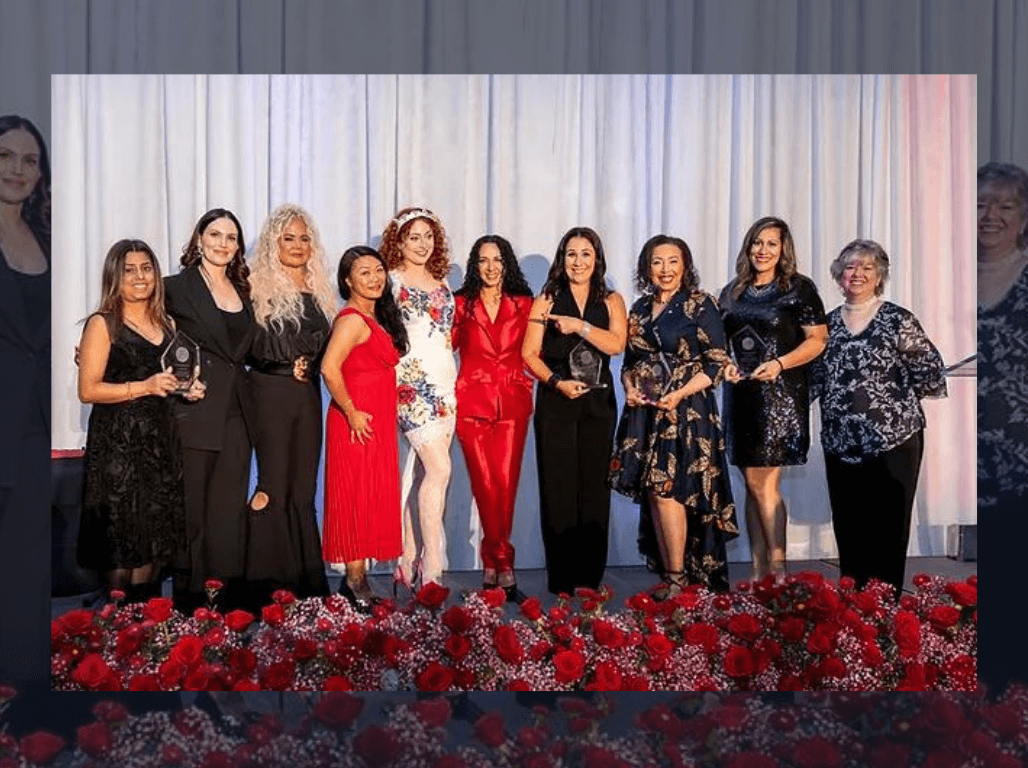
Our 2021 Roundup: What Pisses Me Off — Why Do Some People Think Ghosting Is Okay?
Culture Jan 11, 2021
One of the most peculiar behaviors that has become part of our vernacular is “ghosting”. The act of completely disappearing/cutting off all communication with a friend, relative or lover. When people ghost it undoubtedly takes away a sense of closer to the one who is being ghosted. And this needs to stop.
WHAT PISSES ME OFF: WHY DO SOME PEOPLE THINK GHOSTING IS OKAY?
Halloween may have passed but unfortunately “ghosting” has evolved to a bit of a social norm that remains with us all year round. As an advocate for mental health and wellness and living with kindness and compassion, I’m here not only to rant but to share why we need to collectively put a stop to this harmful behavior.
What Is Ghosting?
Ghosting involves cutting off all communication and correspondence with another human generally without notice. I emphasize the word human because ghosting is an action that involves making others feel less than human. It’s a behavior that should be considered unacceptable. To be honest, the first time I heard of it was several years ago and I thought it was a joke… perhaps a one off experience someone had from a special kind of rare, inconsiderate person but alas it’s so common, that it’s defined in the dictionary! As per Merriam-Webster’s online dictionary, ghosting is:
“The act or practice of abruptly cutting off all contact with someone (such as a former romantic partner) usually without explanation by no longer accepting or responding to phone calls, instant messages, etc.”
While it most often occurs in dating, it can also be experienced in friendships and/or with family members. It involves the “ghost” making a conscious decision to cut off all contact, almost vanishing into thin air and leaving the “ghosted” with questions and emotions to process.
Why Should Ghosting Piss Us All Off?
Some of you may be thinking ghosting is no big deal (especially if you have ghosted someone in the past) however, it’s an unnecessary hurtful behavior that can impact on our mental health and wellbeing, here are some of the ways it can harm us:
It can cause unnecessary stress, anxiety and/or worry: It’s a natural reaction to feel a bit of worry when someone just up and disappears from your life. At first, you may not realize you have been ghosted and become genuinely concerned about the person’s wellbeing. This can cause unwarranted stress and concern. As we continue to navigate through the global pandemic, we all already have enough change and uncertainty to cope with so there’s no need to add more difficult emotions to process onto each other.
It can harm our self-confidence. Now before some of you get all “self-confidence is internal, other people shouldn’t be able to impact our confidence,” that may true in an ideal world, but we live in the real world and things people do and say (or don’t say) can hurt. Remember, our brains are wired with the negativity bias – it’s easier for us to retain negative emotions, thoughts, and feelings than positive. Why wouldn’t we be hurt by someone ghosting us? We don’t want to get to a place where we lose the ability to feel anything – that can take us into an emotional state of avoidance. Being ghosted is an action that can say to us “you aren’t even worth one sentence or a few seconds of my time. My thoughts, feelings and energy are more valuable then yours. You are unwanted and unwelcome” and no matter how confident we are, that doesn’t feel good.

It can impact our ability to trust people: When someone just up disappears into thin air, it’s natural to develop a fear that it may happen to us again. Especially if no signs seemed apparent (for example if you’re dating and there’s no mention of a loss of interest at any point). As a result, we can become more hesitant in opening ourselves up for future connections; why invest in building a relationship with someone else if they to may just disappear with no warning or explanation in the future?
It adds to a “cancel culture” of dehumanizing people: We all make mistakes, we change, we grow and evolve. We need to be careful of writing people off so quickly because it can send a message that we need to be “perfect” all the time. If you decide someone’s behavior is inexcusable or perhaps, they just no longer mesh with your energy, that’s totally fine but you don’t have to treat them like they are disposable. We sometimes experience this sensation with online dating apps; we get so caught up in swiping left or right through pictures quickly, that we forget behind each picture is a person. It literally takes 60 seconds to send someone a note that you don’t want to continue a relationship – you don’t have to continue the conversation if they response but at least tell them.
What Should You Do If You Get Ghosted?
Despite the many reasons we should stop this insensitive behavior, the reality is, it will still happen (for now anyway). Here are some tips to take care of your mental health and wellness if it does:
Don’t engage: Don’t go looking for them – you’re not a ghost buster. The impulse to react to being ghosted may emerge – notice it and validate it (it’s natural to want to defend yourself). Give yourself a few days to process the experience. Delete your “ghost” (or mute them) off your social media (if they haven’t blocked you that is). Don’t expose yourself to anything that may continue to pull at your attention or further upset you in the heat of your emotions. Your “ghost” doesn’t deserve your energy, anytime the urge kicks in, do something positive for yourself instead (E.g. reach out to someone who does value you, watch a funny movie, talk a walk, etc.).

Practice mindful self-compassion: Notice if the negativity bias is kicking in through harmful self-talk (e.g. I’m a loser, I got rejected, I shouldn’t have trusted them, I should’ve known better, etc.). If so, practice a pause; take a few deep breathes, observe your emotions and make the conscious decision to celebrate yourself (e.g. I may not be for everyone and that’s okay, I will not let the behavior of someone else impact my ability to trust and connect with others, I’m wonderful just as I am, there’s no way for me to control someone else’s behavior, etc.).
Shift your perspective on “closure”: Sometimes silence from another person is all the closure we need. If you feel you have emotions to express, write a letter but don’t send it – remember they have already ghosted you so the likelihood of them reading it is minimal (but hey if you feel better sending it go for it but detach yourself from the expectation and/or hope for a response).
Learn from the experience: Didn’t enjoy being ghosted? Who does!?! Remember the experience and allow it to help you navigate through future relationships – if you get the urge to “ghost” someone, send them a brief, message instead (it can be as simple as, “sorry I don’t have the capacity to continue this relationship right now,”). Help be a part of the solution by committing to not participating in the “ghosting” culture.
Main Image Photo Credit: www.unsplash.com
Rachna Sethi
Author
Rachna (@thesassyspiritual) is a graduate of the Applied Mindfulness Meditation program from the University of Toronto, a certified Educator with two bachelor degrees and a diploma in Art Therapy. She's dedicated to living with a compassionate approach. Committed to helping people integrate Mindfuln...






















































